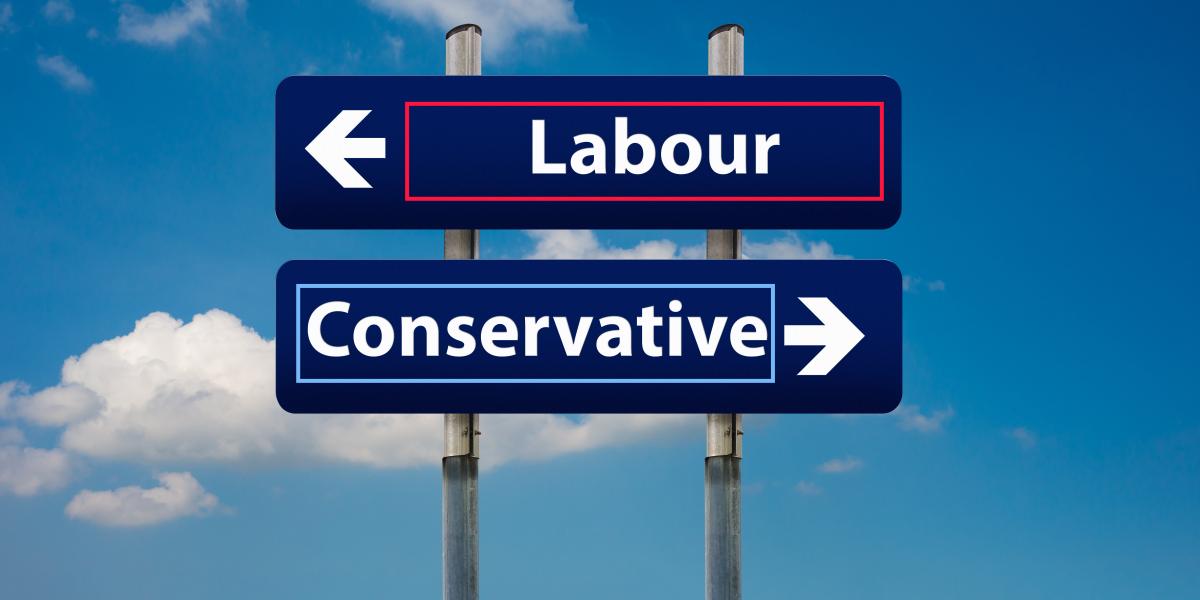Kemi Badenoch’s Conservative Leadership: A Cause for Hope?
Kemi Badenoch’s recent election as leader of the UK Conservative Party has piqued the interest of free-market advocates due to her self-professed affinity for the Austrian school of economics and her admiration for figures like Thomas Sowell. While this rhetoric offers a glimmer of hope in a political landscape seemingly abandoning classical liberal principles, a closer examination of Badenoch’s background and political career reveals a more nuanced and potentially less encouraging picture. This analysis delves into Badenoch’s formative years, political trajectory, and public statements to assess the depth of her commitment to free-market principles and what her leadership might portend for the future of economic liberty in Britain.
Badenoch’s life story is a blend of Nigerian and British influences. Born in London to Nigerian parents, she spent her formative years in Nigeria, experiencing a middle-class upbringing, though some argue her family belonged to the Nigerian elite. Returning to the UK at 16, she developed a conservative political identity, spurred by her aversion to left-leaning ideologies encountered at university. This period also marked the beginning of her interest in free-market economics and figures like Sowell and Hayek. Her early political activities included unsuccessful runs for Parliament and the London Assembly, alongside a career in finance. Interestingly, even in her early campaigns, she displayed an aversion to identity politics, a stance that foreshadowed her later prominent role in the culture wars.
Badenoch’s political career gained momentum in the mid-2010s with her election to the London Assembly and appointment as digital director of The Spectator. However, her tenure in these roles was marked by mixed reviews from colleagues, some of whom criticized her interpersonal skills and perceived lack of substantive policy focus. Her election to Parliament in 2017 marked a turning point, leading to various minor government positions before her first bid for the Conservative Party leadership in 2022. Although unsuccessful, her fourth-place finish signaled her rising prominence within the party. Subsequent appointments to ministerial positions, including Secretary of State for International Trade and Business and Trade, further solidified her position.
Analysis of Badenoch’s voting record reveals a largely conformist pattern, with only three votes against the party line. One notable instance involved her opposition to permanently extending covid-era measures allowing at-home medical abortions, a stance seemingly at odds with her self-described pro-choice position. Her actions in ministerial positions provide limited insight into her economic philosophy. A controversial decision to scale back the review of retained EU laws post-Brexit, justified as avoiding "arsonist" deregulation, raised eyebrows within her own party. Other than this and a minor scandal concerning delayed compensation payments, her governmental record remains unremarkable from an economic policy perspective.
Badenoch’s public image leading up to her recent leadership victory was largely shaped by her rising star status on the British right, her often-combative personality, and her outspoken anti-woke stances on cultural issues. Her admiration for Sowell, while potentially rooted in shared economic perspectives, appears equally influenced by his critiques of affirmative action and identity politics. Even her anti-woke posture has shown inconsistencies, as evidenced by her recent accusation of "mansplaining" against Labour leader Kier Starmer. This raises questions about the depth and consistency of her ideological commitments.
While Badenoch frequently cites Sowell and Hayek as influences, her engagement with their ideas seems superficial. Her references primarily consist of generic endorsements of popular books and quotes of well-known epigrams, lacking any in-depth analysis or application to specific policy proposals. Similarly, her invocation of Hayek appears limited to acknowledging having read The Road to Serfdom, a book that enjoys widespread recognition in Britain due to Margaret Thatcher’s admiration. This contrasts sharply with figures like Steve Baker, whose deep engagement with Austrian economics is evident in his extensive reading and recommendations of works by various Austrian school thinkers.
Ultimately, Badenoch’s embrace of free-market rhetoric appears more performative than substantive. Her "Conservatism 101" approach, combining superficial endorsements of free-market icons with anti-woke posturing, likely resonated with the party base in a leadership election expected to favor a right-wing candidate. However, this shallow engagement with complex ideas is unlikely to impress younger conservatives who have a deeper understanding of free-market principles and crave more than platitudes in addressing the challenges facing Britain. If Austrian economics becomes increasingly associated with the same center-right politicians who have failed to deliver on promises of liberty and prosperity, the younger generation may justifiably seek alternative solutions, potentially embracing ideologies far less compatible with individual freedom. This represents a significant risk for the future of free-market ideas.
Share this content:












Post Comment